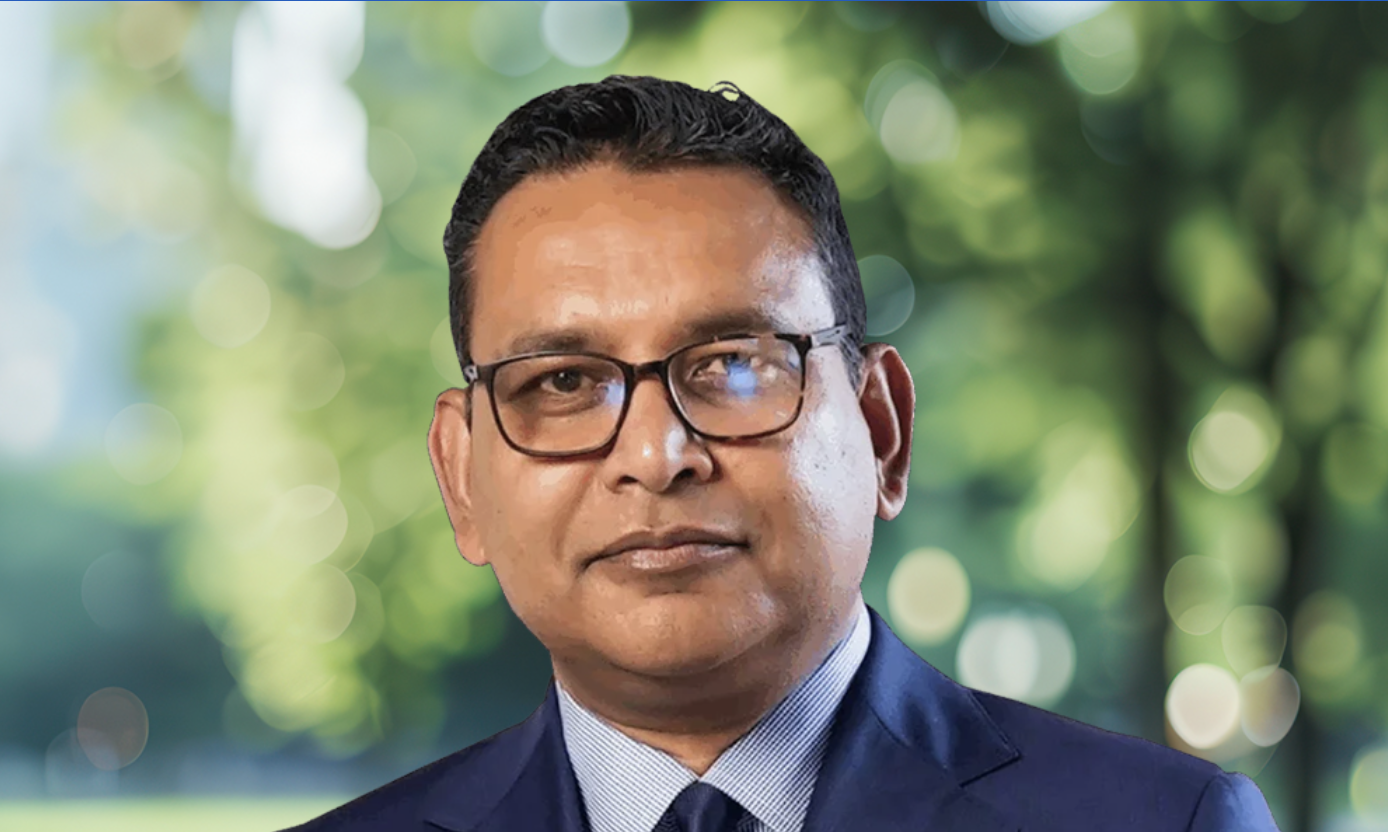Optimism isn’t naive—it’s a daily act of presence and purpose. Here’s why.
KEY POINTS
- Real optimism begins in the dark—when individuals choose to stay present even as their world falls apart.
- When everything breaks, purpose becomes a lifeline—it pulls people forward when nothing else can.
- In chaos, it’s the smallest rituals—and the people who stand with them—that keep someone’s soul from drifting.
This is a chaotic time on our planet. Geopolitical tensions are rising. Economies are slowing while power shifts to new centers. Wars rage in places that once felt far away. And beneath it all, vast technological shifts are changing the way we live, work, and even understand ourselves. For many people, this change leads to feelings of grief for the loss of a past that once seemed so unshakeable, so permanent.
One of the hardest things about grief is that, alongside the pain, we feel disoriented. Time fractures. Meaning slips out of reach. One moment, you’re going about life. The next, you’re living in a different reality. What once felt certain now feels impossibly fragile.
I’ve been in that place more than once.
As an entrepreneur, I’ve watched companies I helped build collapse. As a son, I’ve said painful goodbyes that will always stay with me. And as a father, I’ve stood in a hospital room beside my child, praying for miracles. You don’t forget those moments. They mark you. But they also shape you.
What I’ve learned—over the years, through reflection and experience—is that optimism isn’t some bright, shiny feeling you summon on demand. It’s not the denial of pain or the forced performance of positivity. It’s a quiet, daily practice. A steady choice to stay present. To remain grounded. To hold on to a thread of possibility, even when the future feels unclear.
Here’s what I’ve come to understand about cultivating optimism when everything around you feels as if it’s coming undone.
1. Begin With Acceptance, Not Avoidance
We often mistake optimism for blind hope, for looking away from what hurts. But real optimism starts with honesty. With allowing ourselves to feel what is true.
There are days when we all want to pretend that we’re fine, when it feels easier to keep moving than to pause and feel the full weight of what we’re carrying. But avoidance adds pressure to an already cracked foundation. It delays the necessary work of healing.
I’ve found that when I stop resisting the discomfort—when I truly allow myself to grieve, to rage, to feel helpless—something shifts. Not because the pain goes away. But because I begin to reclaim the energy I was using to resist it.
The Buddha said, “Peace comes from within. Do not seek it without.”
That quote has stayed with me through some of my darkest seasons. It reminds me that we don’t have to wait for external conditions to improve before we can begin to anchor ourselves. We can begin even in the middle of the storm.
2. Let Purpose Light the Path
When everything feels like it’s unraveling, purpose becomes a lifeline. Not because it fixes things, but because it gives us a reason to keep moving through them.
For me, purpose has always meant showing up—for my family, for my son, for the people I serve through my work. There were days when I felt emotionally and physically spent. But even then, I could write. I could build. I could listen. Even when the future felt impossible, I could contribute something meaningful in the present.
The Sufi poet Rumi wrote, “The wound is the place where the light enters you.”
I return to that often. It doesn’t mean that suffering is noble. It means that meaning can arise from it—if we choose to look in that direction.
We may not get to choose what happens to us. But we always get to choose how we respond, and how we use what we’ve endured to serve something larger than ourselves.
3. Stay Close to What Grounds You
When life feels out of control, we need something to hold onto—something solid, even if it’s small.
For some, faith serves this role. For others, it’s nature, music, or community. For me, it’s always been a mix of stillness and structure. Early morning, silence. Mindful breathwork. A cup of tea before the day begins. These practices may seem simple, but they’ve been the difference between drifting and remaining anchored.
In grief or chaos, it’s easy to abandon our rituals. To say, “What’s the point?” But those small practices are what keep us human. They tether us to the moment and remind us that presence is possible, even in pain.
Sometimes, the most revolutionary thing you can do is to breathe, to rest, to create space to feel—without rushing to fix or explain.
4. Let Others Walk Beside You
We are not meant to carry everything alone.
And yet, in moments of deep pain, the instinct is often to withdraw. To protect ourselves by retreating. I’ve done it. I’ve watched others do it, too. But isolation rarely eases suffering. It amplifies it.
Some of the most healing moments in my life came not from advice, but from presence. A friend’s voice on the phone. A nurse’s quiet kindness. My son’s courage as he fights battles no one should have to face.
Optimism isn’t always something we generate from within. Sometimes, we borrow it from others until we’re strong enough to hold it again ourselves.
There is grace in letting someone walk beside you. There is strength in saying, “I can’t do this alone.”
5. Rebuild Slowly, With Intention
There is no rush to healing. No switch to flip. No version of yourself to “return to.”
What there is, instead, is the quiet, deliberate process of rediscovery. Of asking: Who am I now, after all this? What still matters? What must I let go of?
What that looks like is different for each of us.
For me, it’s been writing, creating, and building something impactful. But deeper than any professional act, it’s been about reconnecting with my own humanity. It’s been about choosing quality over speed.
Meaning over noise. Love over fear.
Optimism, at its core, is an act of faith—not in outcomes, but in the process of becoming. It’s the belief that even when we’ve been broken, we are still worthy of healing. Still capable of giving. Still here.
In the End, It’s About Love
The kind of optimism that endures is not rooted in denial. It’s rooted in love. It’s choosing to stay open. Choosing to believe in beauty, even when the world feels dark. Choosing to show up with tenderness, even when we are tired or afraid.
Whether you’re grieving, recovering, or simply trying to keep your head above water, know this: You are not alone.
The light may flicker. But it remains.
And so do you.
[Photo: Vibe Images/Shutterstcok]
Original article @ Psychology Today.
















